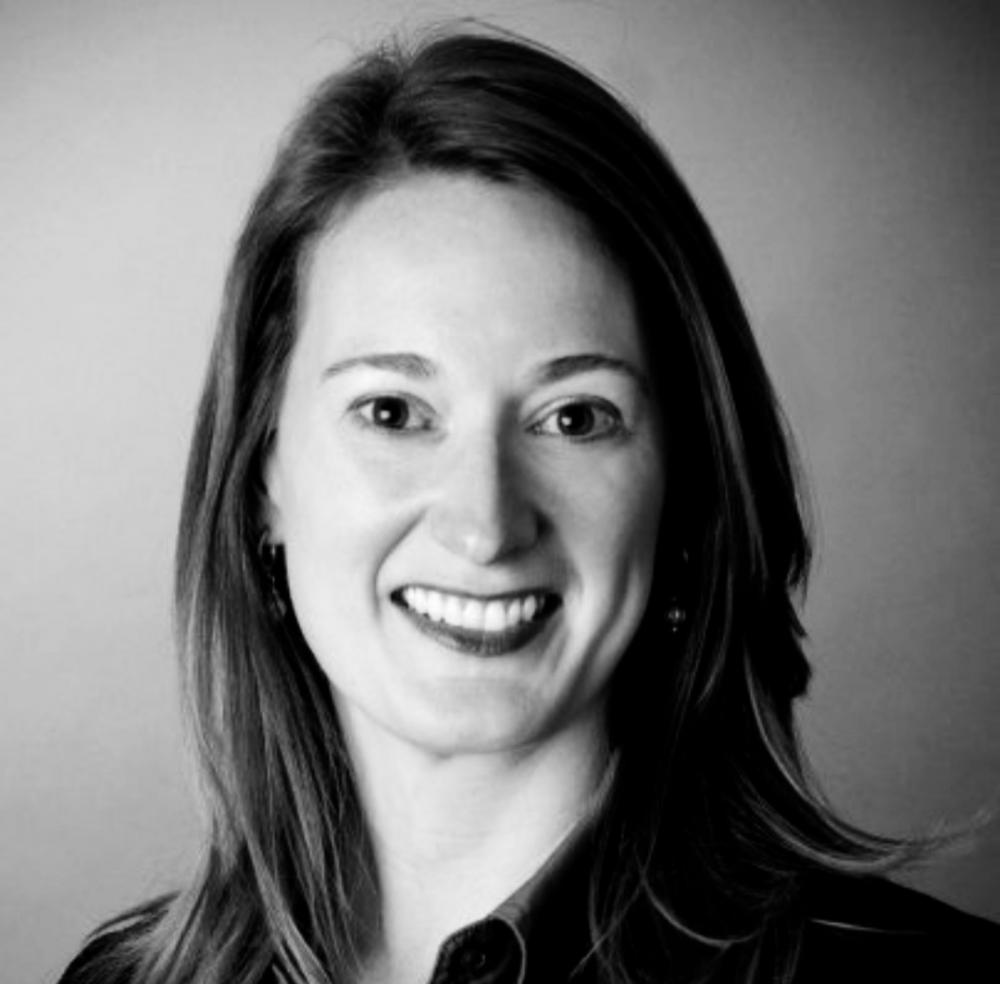
With cooler temperatures, it’s tempting to head outdoors. Maybe visit one of the many state or national parks in the U.S. But for people of color, heading to public lands can be a fraught experience — or maybe one you don’t consider at all.
The barriers to feeling welcome at national parks
U.S. National Parks have an ugly, racist past. And while the U.S. National Park Service (NPS) is grappling with its legacy and working to make its spaces more inclusive, layers of generational trauma make many visitors feel unwelcome. Reasons given for people of color not visiting state and national parks include affordability, access, historical trauma, fear for personal safety and discrimination.
People of color make up only 22 percent of U.S. National Park visitors and 22 percent of U.S. National Park Service employees. Further, only 24 percent of national parks and monuments memorialize marginalized communities such as Indigenous people.
During the first two years of the COVID-19 pandemic, visitations to state and national parks increased, as people often found the outdoors the only safe place to go. However, the numbers declined for marginalized groups not living near a park, including Black and Indigenous Americans. All to indicate that lack of access and awareness continue to remain problems.
Overcoming the obstacles for a more inclusive experience on America's public lands
While the NPS works on diversity and inclusion in its workforce and programs, companies and individuals are also working to get more people of color into parks. Entrepreneur Kween WerK (nom de plume of Parker Bushman) recently took her mixed-race family on a 17-day road trip to highlight how inclusive public spaces, including parks, are to people of color (or are not). Referring to it as the Liberation Tour, she reviewed sites and places in the Inclusive Guide she helped create. The guide has been referred to as a “digital Green Book” — the travel guide that helped Black Americans find safe places to eat and stay in the U.S. — and as a Yelp for inclusivity.
Kween — short for Keep Widening Environmental Engagement Narratives — is a vocal advocate for environmental issues and sees getting people of color into natural places as part of that advocacy. She has stated that she wants “Black, Fat, and Femme” folks like her to be seen in and included in natural spaces. Bushman’s TikTok covers a wide variety of issues to educate, inform and entertain — from hiking and whitewater rafting to how not to be a “Karen” and the intersection between climate and banking.
Bushman’s Liberation Tour covered various issues, such as places where she felt like she had to code switch, places she was followed and sundown towns, as well as places that were open and accepting. She has also partnered with companies to increase her reach. For example, on Public Lands Day (Sept. 24), she partnered with Clif Bar & Co. as she hiked Great Sand Dunes National Park (shown above) and Arches National Park to educate her audience on public lands and bring attention to accessibility and access issues at the parks.
@kweenwerk Happy Public Lands Day! Public lands provide significant benefits to people and the environment. Let's work together to make sure public lands are safe and welcoming for all people. #clifcreator ♬ original sound - 👑 Kween werK 👑
Why inclusivity at national parks, and all public spaces, matters
Studies have shown that being in nature can have a positive impact on mental health. People of color have long had to deal with the microaggressions of systemic racism, but in the aftermath of Black Lives Matter, Asian-American attacks related to COVID-19, the politicization of critical race theory, and other conflicts, open hostility has made many exhausted. Spending time in nature could bring some solace, but not if people do not feel welcome or safe there.
Research has also found that more time in nature increases people’s inclination to protect nature. In addition, climate change’s impacts disproportionally affect communities of color and low-income communities. Spending time in nature could help make that connection between activism and survival — not to mention a chance for people to breathe some clean air.
The bottom line is that public lands are for the public. The systemic barriers built into access to public lands should be removed, but additional work remains to raise awareness of the benefits of that access. Black and Latino voters are more likely to be alarmed about climate change than white voters — likely because they already live on the front lines. Because of their lived experiences, they also bring diverse solutions to the climate action table. Environmental activists like Kween WerK help raise awareness that they deserve access to the public lands they help pay for.
Image credits: Matt Noble via Unsplash

Kate is a writer and policy wonk, with a focus on water, clean energy, climate change and environmental security. She spent over a decade running energy-water nexus and energy efficiency programs at Environmental Defense Fund as well as time at the U.S. Departments of Energy and Defense, U.S. Government Accountability Office, and state and federal legislatures. She serves as an Advisory Board member of CleanTX, which aims to accelerate the growth of the clean tech industry in Texas.














